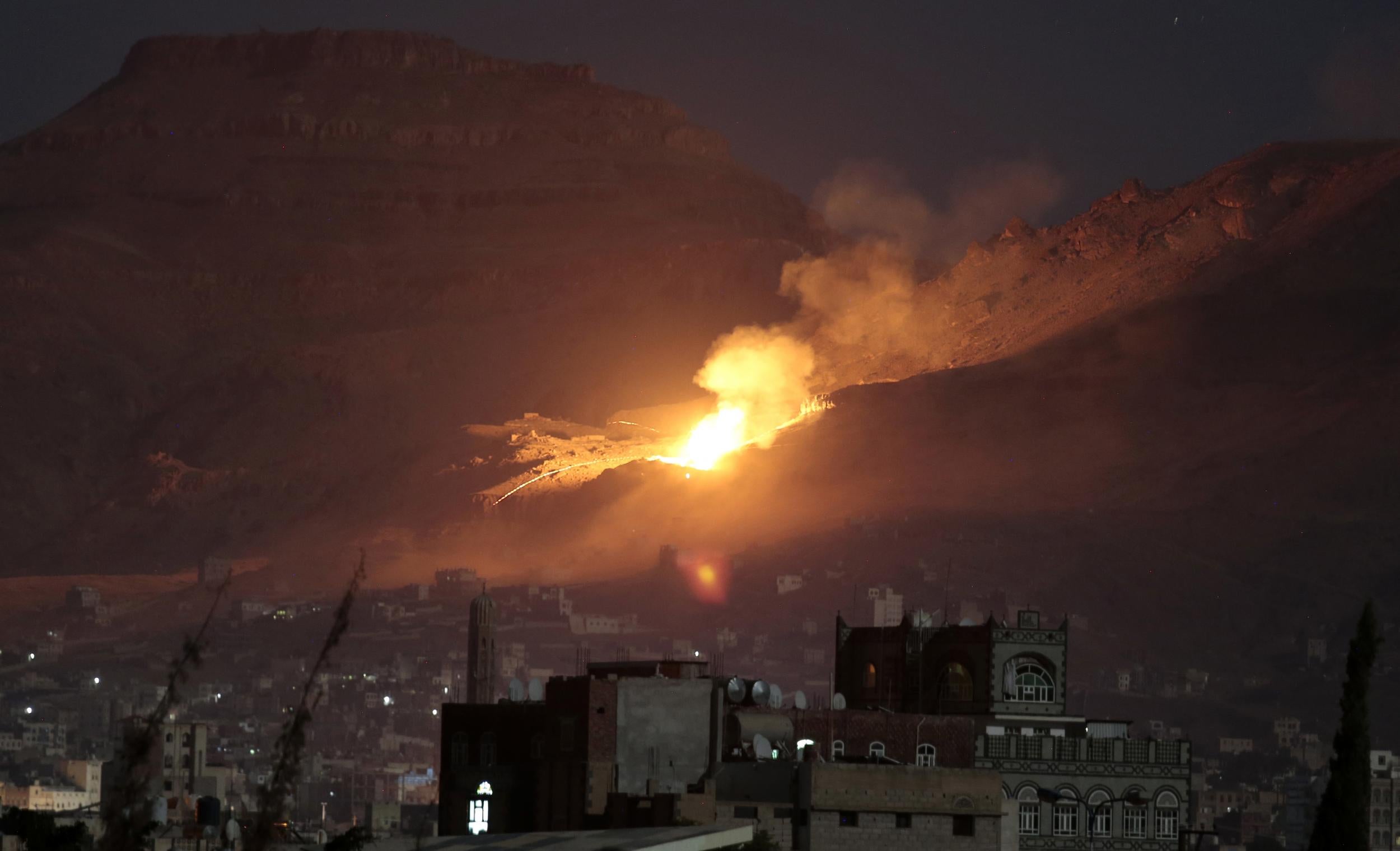Government refuses to deny whether it backed Saudi Arabia’s new membership on UN Human Rights Council
The United Nations General Assembly in New York elected 14 members to the council

The Foreign Office has refused to deny whether it backed Saudi Arabia’s renewed membership on the UN’s Human Rights Council, despite alleged war crimes by the kingdom in Yemen.
It comes after a meeting of the UN General Assembly in New York elected 14 members to the council, including the oil-rich kingdom, through a secret ballot. The 193-member assembly also voted Russia off the UNHRC, which lost its regional seat to Hungary.
When asked whether the UK voted for Saudi Arabia, a Foreign Office spokesman told The Independent: “We do not reveal our voting intention”.
It will be Riyadh’s third term in the organisation, despite mounting pressure from international human rights groups. In January, the country beheaded 47 people in one day, including the prominent Shia cleric Sheikh Nimr al-Nimr.
Earlier this month the Saudi-led coalition admitted responsibility for the bombing of a funeral in Yemen that killed 140 people and wounded 600 more – blaming the “wrong information”. However, Saudi Arabia has repeatedly says that its actions in Yemen comply with international humanitarian law.
The Liberal Democrat leader Tim Farron, told The Independent: “It is appalling that the UK would consider supporting any country as chair of the Human Rights Council which didn’t itself uphold fundamental human rights at home and abroad. Saudi Arabia in particular consistently disregard not only the rights of their own citizens, but have also been involved in serious violations of International Humanitarian Law in Yemen.
“The acceptance of repressive regimes as members of the HRC severely compromises the efficacy of the organisation as a voice for democracy and human rights. It is time for complete transparency from our government over how they wield their vote, as attempts to cover up their preferred candidate further undermines the accountability that must be shown when it comes to this important body."
Raising the issue at Prime Minister's Questions in recent weeks Jeremy Corbyn, the Labour leader said: “Three years ago the United Kingdom backed Saudi Arabian membership of the UN Human Rights councils. On the 28th of October, there are elections again for the UN Human Rights Council.
“A UN panel has warned that Saudi Arabia’s bombing of Yemen has violated international law.”
He then cited concerns from Amnesty International over executions and discrimination against women, before adding: “Will her government again be backing the Saudi dictatorship for membership of that committee?”
Ms May refused to answer the question directly, only saying that where there are “legitimate human rights concerns” over Saudi Arabia, then the UK would raise them with the country.
She added: "In relation to the action in Yemen, we have been clear that we want the incidents that have been referred, to be properly investigated.
“We want the Saudi Arabians, if there are lessons to be learnt from those, to learn lessons from those.
“But I reiterate a point that I’ve made in this House before, that our relationship with Saudi Arabia is an important relationship. It’s a particularly important relationship in relation to the security of this country and counter-terrorism.”
Yemen descended into full-blown civil war between the Saudi-backed exiled government and Iranian-allied Shia Houthi rebels in March 2015, when Houthi fighters took control of the country’s capital. Since then, more than 10,000 people have died, the UN says, more than three million people have been displaced and the country is on the brink of famine.
Join our commenting forum
Join thought-provoking conversations, follow other Independent readers and see their replies
Comments
Bookmark popover
Removed from bookmarks